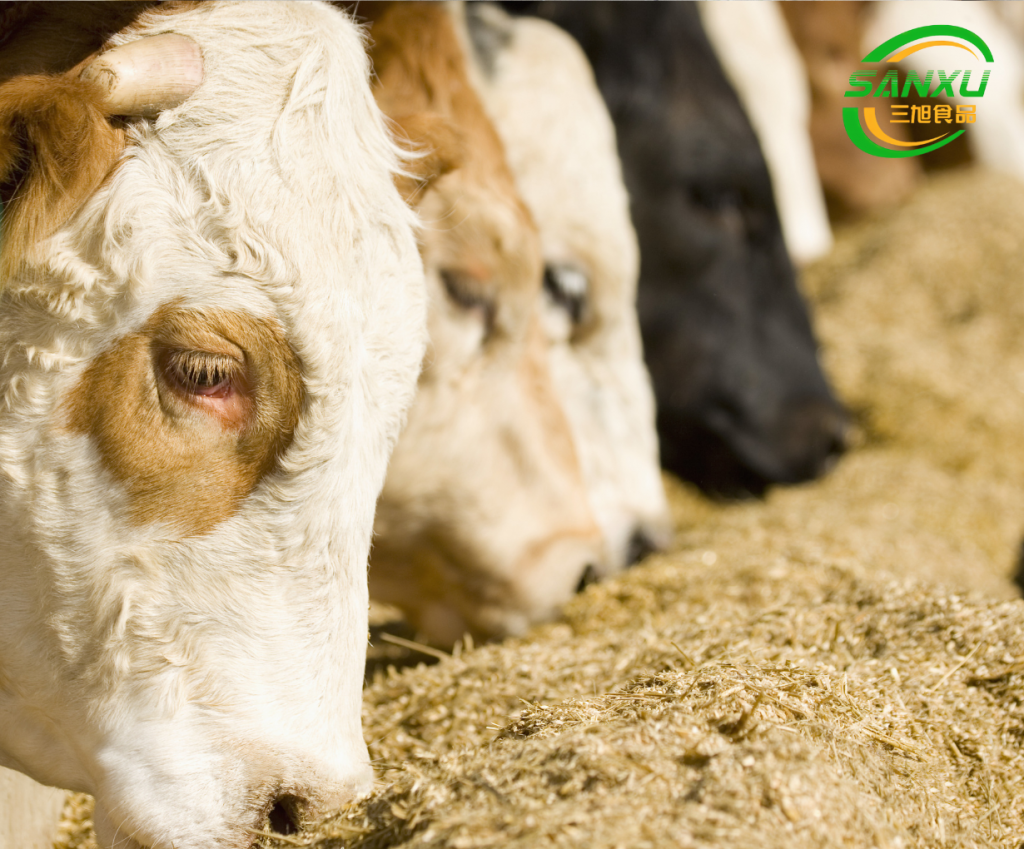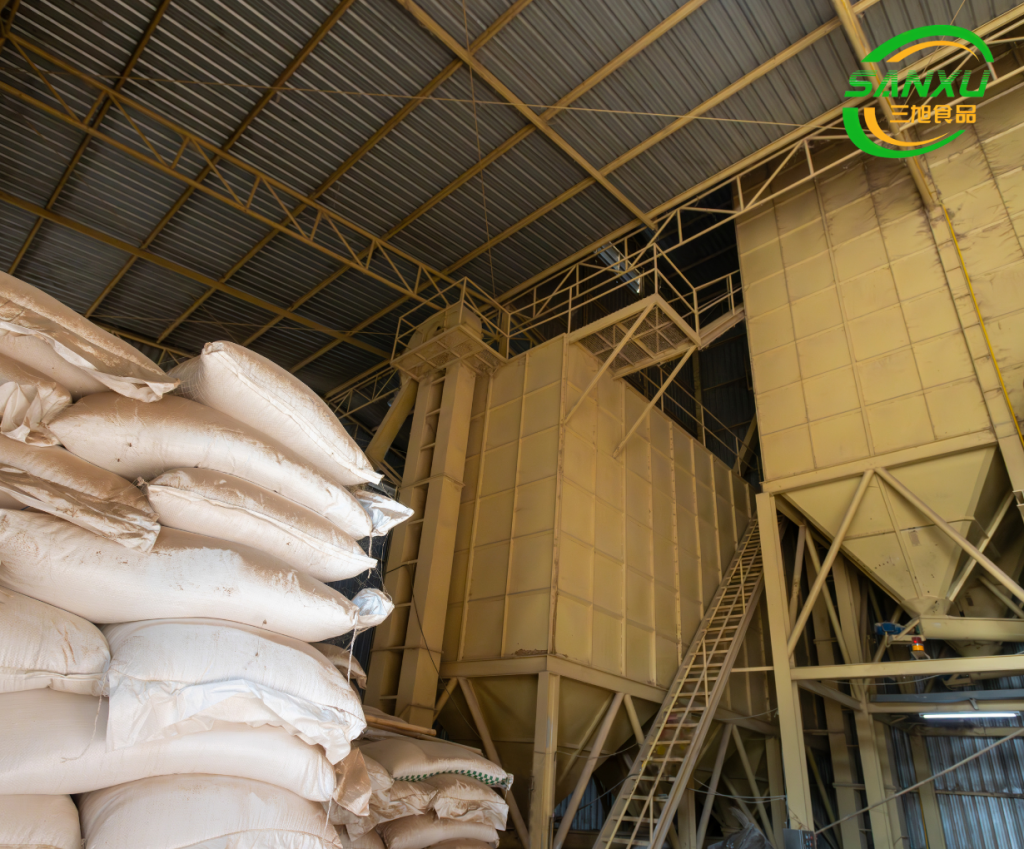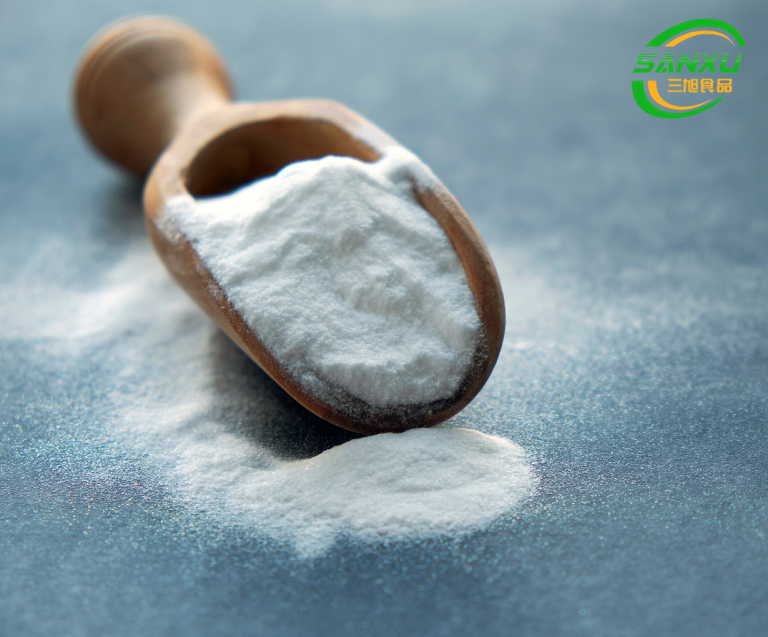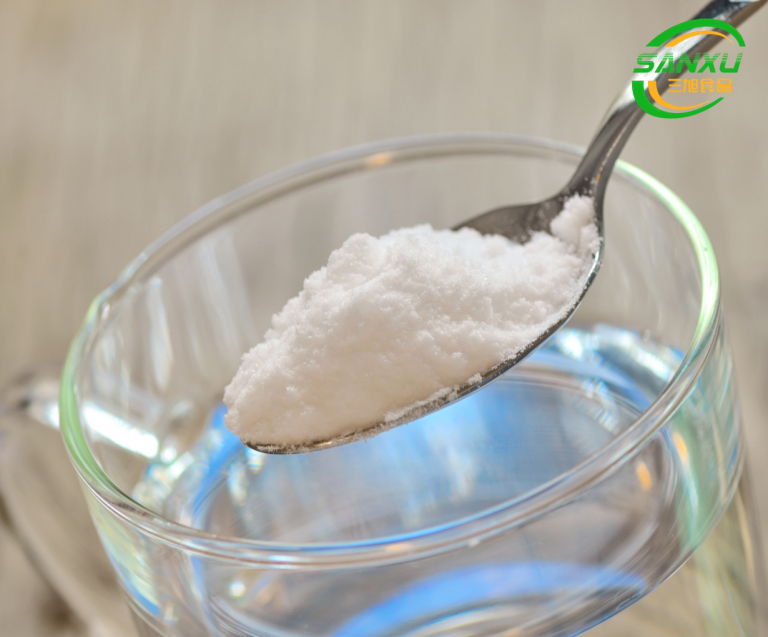Whatsapp:+8613375668511 Email: [email protected]
What are the application of feed additives?
Feed additives are substances added to animal feed to improve the quality, safety, and nutritional value of the feed. They can enhance animal health, productivity, and the overall efficiency of livestock farming. Here are some common types of feed additives and their applications:
1.Nutritional Additives:
- Vitamins and Minerals: To ensure animals receive all essential nutrients, especially those that may be lacking in their diet.
- Amino Acids: To supplement the protein content of the feed and support optimal growth.
2.Growth Promoters:
- Antioxidants: To protect feed from oxidation, which can degrade the quality of fats and oils in the feed.
- Enzymes: To improve the digestibility of feed, especially in monogastric animals like pigs and poultry.
3.Health and Wellness:
- Probiotics: To maintain a healthy balance of microorganisms in the animal’s gut, promoting digestion and immunity.
- Prebiotics: To feed the beneficial bacteria in the animal’s gut, supporting gut health.
- Antimicrobials: To prevent and treat bacterial infections in animals.

4.Preservation(Calcium Propionate):
- Acidifiers: To lower the pH of the feed, inhibiting the growth of harmful bacteria and extending the shelf life of the feed.
- Mold Inhibitors: To prevent the growth of mold and mycotoxin production in feed, especially in moist conditions.
5.Zotechnical Additives:
- Appetite Stimulants: To encourage feed intake and improve feed conversion ratios.
- Feed Efficiency Enhancers: To improve the animal’s ability to convert feed into body weight or milk.
6.Colorants:
- Natural Pigments: Such as astaxanthin or canthaxanthin, used to enhance the color of egg yolks, meat, or fish flesh.
7.Antiparasitics:
- To control internal and external parasites that can affect animal health and productivity.

8.Anti-caking Agents:
- To prevent the feed from clumping or caking, ensuring free-flowing feed and ease of use.
- Buffering Agents:
- To maintain a stable pH in the animal’s stomach, which can aid in digestion and prevent the formation of harmful substances.
9.Mycotoxin Binders:
- To bind and remove mycotoxins from the animal’s digestive system, reducing their harmful effects.
10.Immune System Enhancers:
- To boost the animal’s immune system, helping them resist diseases and stress.
The use of feed additives must comply with strict regulations to ensure the safety of both the animals and the consumers of animal products. Additives should be used judiciously and only when necessary to maintain animal health and productivity while minimizing potential risks.




